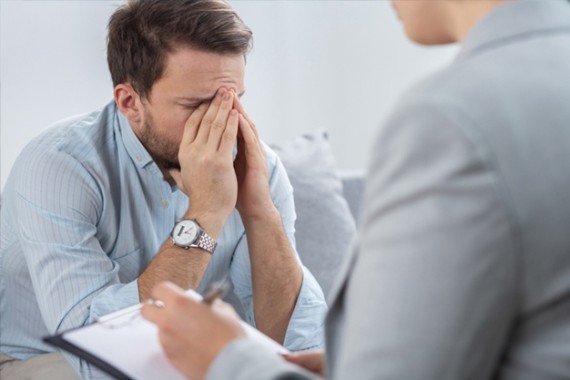Stress Disorder – Learning How to After a Traumatic Event

Post-traumatic stress disorder, or PTSD, has gotten a great deal of media attention. The disorder is widely depicted in films and television, but do you know what exactly is stress disorder is?
PTSD is a mental health condition in which people have flashbacks, anxiety, nightmares, and intrusive, repeating thoughts about a terrible incident they experienced or witnessed. If you or someone you care about has experienced trauma or is currently suffering from PTSD, it’s critical to understand how it affects people and how it develops. Continue reading to learn more about the phases of curing trauma.
Stress Disorder Impact Phase
This stage begins shortly following the catastrophic occurrence. At this stage, you might still be reeling from the shock of what transpired. You may be extremely worried, hypervigilant, and possibly guilty.
War veterans and abuse survivors – who have recently returned from fighting or are in a police station soon following an attack – mostly experience this stage.
Stress Disorder Denial Phase
When it comes to healing from trauma, not everyone faces denial. If you do, you will continue to feel powerful emotions triggered by recollections of the traumatic event, but you might try, either consciously or unconsciously, to avoid the painful emotions.
Those who are prone to utilizing alcohol or other narcotics are particularly sensitive to numbing behaviour during this stage.
Short-term Recovery Phase
During stress disorder, you can often address problems that require immediate attention. You may be suffering from PTSD but try to adjust to regular life and regain a sense of normalcy.
This stage can go either way: you may either continue to accept help from others or grow disillusioned and skeptical. Nightmares and intrusive thoughts persist at this stage, making daily life tough.
Long-term Recovery Phase
As the term suggests, you will probably continue to struggle with the consequences of your trauma, such as anxiety and nightmares. You can, however, lessen these negative symptoms, and eventually eliminate them with treatment. Your PTSD might hope to return to a calmer, fuller life on the other side provided you receive consistent assistance from specialists, family, and friends.
Get Help for Your PTSD
So, what should you do when you are feeling hopeless in the middle of the night? What if we told you that curing trauma can be done through a phone call?
Healing Miracle can provide you with a cure for trauma at no charge. All you have to do is go to healingmiracle.org and register yourself for a free appointment with our specialist.

